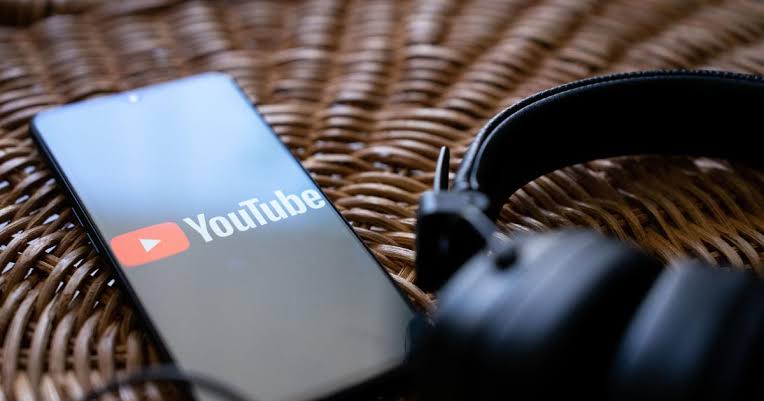YouTube has said it will start a service called “YouTube’s Music AI Incubator” to help it figure out how to use AI by working with artists, songwriters, and producers from all over the business to figure out what to do next. It says that in the future, it will figure out how to pay artists for songs made by AI. To
The programme is part of its larger plans to deal with the effects of AI technology on the music industry. It is related to its video hosting platform and its current partnerships with artists, labels, and other rightsholders in the music industry. The company is optimistic about AI’s ability to “enhance music’s unique creative expression,” but it also says it needs to protect the integrity of artists’ work.
The statement, which was posted on its blog, says in part: “AI is moving faster than ever before right now. It’s making people more creative, giving them new ideas, and even changing whole businesses. At this important turning point, it’s clear that we need to accept this technology with courage and a strong commitment to being responsible.
Read also: YouTube launches television service beginning with WNBA games
To start the programme, YouTube is working with Universal Music Group (UMG) and its list of artists, such as songwriter and producer Anitta, songwriter, producer, and entrepreneur Bjorn Ulvaeus, and musician, composer, and producer Don Was.
Other artists include Columbian musician Juanes, producer Louis Bell, composer Max Richter, songwriter and producer Rodney Jerkins, singer-songwriter Rosanne Cash, OneRepublic’s Ryan Tedder, rapper, musician, entrepreneur, and philanthropist Yo Gotti, and Frank Sinatra’s estate.
We’re developing an AI framework alongside our music partners, including Universal Music Group, to achieve our goals. These three AI principles boost music’s unique creative expression while protecting artists and their work.
The platform’s three goals for the coming months are “AI is here, and we will embrace it responsibly together with our music partners.” AI is enabling new creative expression, but it must safeguard music partners and provide possibilities. Last, we have an industry-leading trust and safety organization and content policies. We will scale those for AI challenges.”
UMG is more cautious about using AI than YouTube. It requested that Spotify stop AI startups from using its music to train their models earlier this year. Copyright strikes were also issued on AI-generated YouTube videos using their creators’ work. UMG withdrew a viral AI song that mimicked Drake and The Weeknd’s vocals from Spotify and Apple Music.
YouTube plans to use generative AI
YouTube says it has “made massive investments over the years in the systems that help balance the interests of copyright holders with those of the creative community on YouTube” to address this contradiction between new technology and recompense.
The company notes that it already has standards about using technically altered content to deceive viewers, saying that trust and safety are necessary for this system. It plans to expand those technologies to prevent generative AI from being used for criminal operations, misinformation, and spam. It plans to identify this information using AI.
YouTube will disclose its new AI music system’s technologies, business prospects, and policies in the future.
YouTube CEO Neal Mohan announced, “I’m incredibly excited about the opportunity of AI to supercharge creativity around the world, but I recognise that YouTube and the promise of AI will only be successful if our partners are successful.” He stated, “Together, we can embrace this new technology in a way that supports artists, songwriters, producers, and the industry as a whole while driving value for fans and pushing creative boundaries.”




